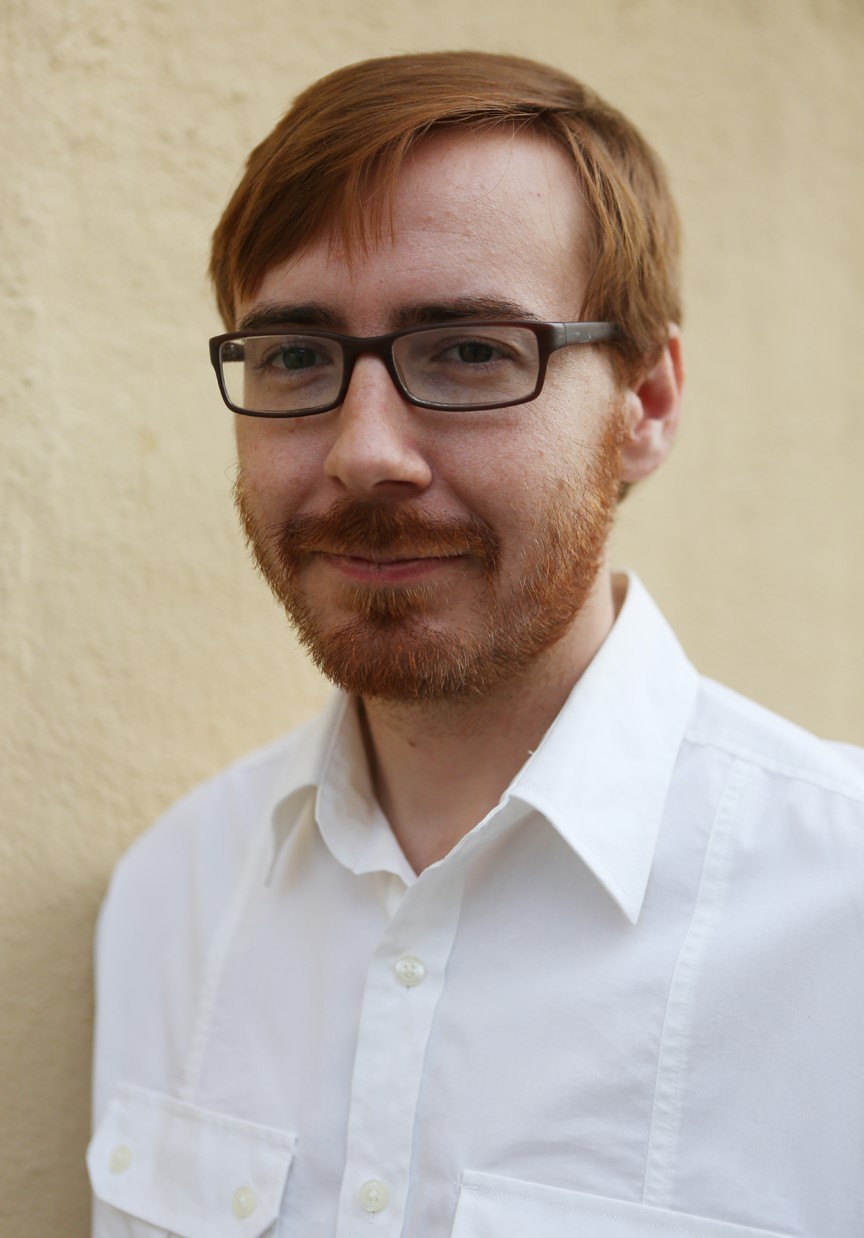
I’ve been reviewing film and TV here at URJ for nearly a decade and have never seemed to lack for Jewish cinema to cover. Recently, I had the realization that the year was nearly half over, yet I hadn’t written a single movie review. There’s been a steady trickle of Jewish TV, but aside from a handful of documentaries and one film, “Bad Shabbos,” the spigot for prominent new Jewish releases seems to have abruptly tapered off. I asked myself if I’d gotten too picky or if Jewish cinema really is in sudden decline.
First, let’s address what makes a film Jewish. This is a tricky and subjective enterprise. For my purposes, a film has to be decidedly Jewish. That means strong, resonant Jewish characters and themes that deal with Jewish culture or spirituality. It’s not enough for a film solely to be made by someone Jewish, have a Jewish director, or feature a Jewish actor. A Jewish character who doesn’t affect the meaning of the story is also a no go. Film and TV like “Between the Temples” and “We Were the Lucky Ones” definitely merit being called “Jewish.” But “Just Like That” or “Unfrosted: The Pop-Tart Story?” Not so much.
In years past, I could always count on a small, but dependable, number of Jewish films. There were documentaries about notable Jewish figures like Leonard Cohen and Gene Wilder; Holocaust tales like “Son of Saul” or “The Zone of Interest;” quirky, independent standouts like “Shiva Baby” or “Cha Cha Real Smooth;” and auteur-driven Oscar fare such as “The Fabelmans,” “Beau Is Afraid,” and “Oppenheimer.” This renaissance in Jewish movies prompted Time Magazine to herald the early 2020s as “a watershed moment for American Jewish cinema.” Last year, both “A Real Pain” and “The Brutalist” were nominated for several Oscars. Why then, does it feel like we’ve wandered into a desert?
There’s a scarcity of data on how many films are produced and distributed each year. One source is Jewish Film Festivals, which tabulates the number of Jewish movies that have played in at least one prominent Jewish film festival (San Francisco Jewish Film Festival, Miami Jewish Film Festival, etc.). Jewish Film Festivals’ tally includes shorts and films produced outside the United States, so it’s a broad category. However, it’s worth noting that between 2021 and 2023, the number of Jewish films produced hovered around 379. In 2024, that number dropped to 287. This year, only 70 films have been listed so far, though films are added monthly.
Some may argue that overall film production is down, but that doesn’t seem to be the case. The number of films being made has steadily ticked up over the last few years, albeit not reaching pre-pandemic levels.
The story is a bit rosier for Jewish-themed TV. “The Studio,” Seth Rogen’s Hollywood satire, was a big hit this spring and there’s another season of “Somebody Feed Phil.” There’s a new Lena Dunham show, “Too Much,” and a French drama on HBO Max about a female rabbi called “Reformed.” Still, it doesn’t feel like a strong showing compared to prior years.
While I can’t draw a direct connection between this slowdown in Jewish film and TV production to the events of the wider world, especially October 7th and the ensuing war, attitudes about Jewish people seem to have shifted, accompanying a dramatic increase in attacks on Jewish people and institutions. According to the ADL, there were more than 10,000 antisemitic incidents in the U.S. during 2024, the highest number ever recorded in a one-year period.
This is pure speculation, but it makes sense that this climate of anti-Jewish sentiment may be behind the entertainment industry’s wariness to green light Jewish content. Hollywood is notoriously risk averse; if it seems that Jewish storylines will turn off viewers, we may see a further drop off in Jewish content.
It could be that the first half of 2025 is a blip, an anomaly, and these concerns are overblown. However, films and TV shows usually go through years of development before someone gives the go ahead. If the months since October 7th have coincided with pullback in Jewish narratives, we can expect this slowdown to continue. Instead of a renaissance, we could be experiencing a prolonged cultural shutout.
On a lighter note, there’s much excitement about the second season of “Nobody Wants This.” Maybe we just need more stories about smoldering rabbis — everybody seems to want that.
Related Posts

Children of Ruth: Artists Choosing Judaism

Poems of Sorrow and Hope

